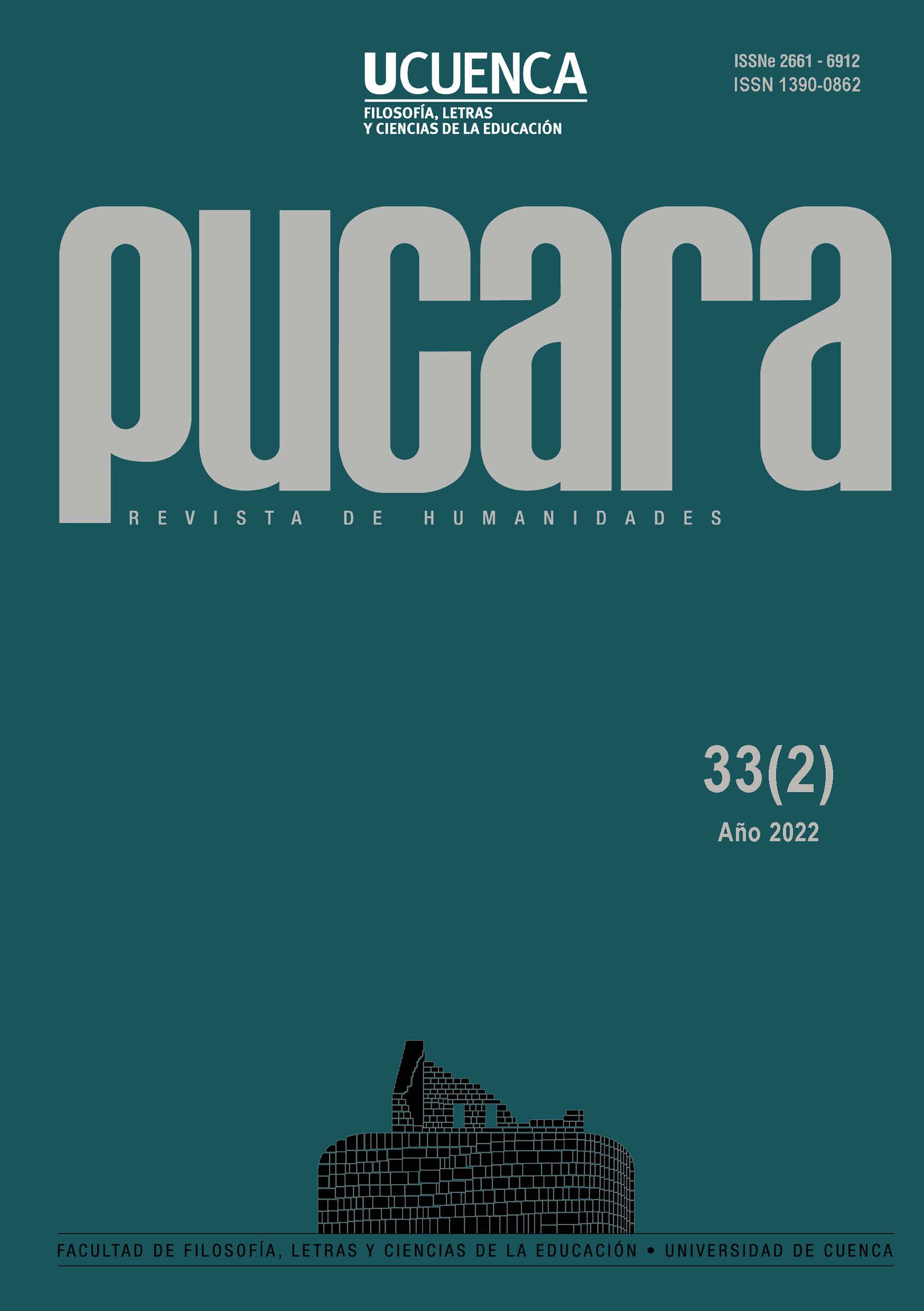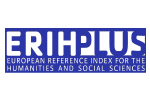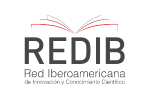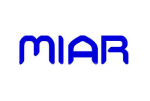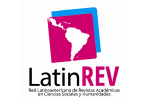The right to read: an approach from independent publishers in Ecuador
DOI:
https://doi.org/10.18537/puc.33.02.10Keywords:
reading, independent editors, cultural rights, bibliodiversityAbstract
This article aims to contribute to the conceptualization of reading as a social practice that exceeds its notions exclusively related to literacy and written culture, as well as an essential human right that reduces the gaps of social inequality and achieves dignified lives for society. Likewise, this work makes an approach to the Ecuadorian independent publishing sector, which is recognized as one of the main actors of the book and reading ecosystem, which, outside of State actions and as a response to the insufficiency of its reaches, works towards the access of reading through its commitment to bibliodiversity and the encounter of texts with readers. To this end, we present the results of the first stage of an open mapping of publishing projects, carried out between July and November 2022.
Downloads
References
Alianza Internacional de Editores Independietes (2014) Declaración Internacional de los Editores Independientes. Disponible en: https://www.allianceediteurs.org/IMG/pdf/declaration_internacional_de_los_editores_independientes_2014-2.pdf
Andruetto, MT. (2014). La lectura, otra revolución. Fondo de Cultura Económica
Asociación de Editores Independientes del Ecuador. (2017). Catálogo de EIE. Disponible en: https://www.allianceediteurs.org/IMG/pdf/catalogo_eie_4_web.pdf
Avilés, R. (2003). La lectura: una práctica cultural. Debate entre Pierre Bourdieu y Roger Chartier. Revista Sociedad y Economía, núm. 4, pp. 161-175
Caride, J.A. y Pose, H. (2015). “Leer el mundo hoy o cuando la lectura se convierte en diálogo”. Ocnos,14, 65-80. doi: 10.18239/ocnos_2015.14.05
CERLALC. (2018). Plan Nacional del Libro y la Lectura José de la Cuadra. Disponible en: https://cerlalc.org/wpcontent/uploads/2018/09/42_Plan_Nacional_Lectura_Ecuador-1.pdf
Castelho, J. (2020) La lectura como política. Biblioteca Nacional del Perú.
Comité Internacional del Libro. (1997). Estatuto sobre la lectura. Disponible en: https://brapci.inf.br/index.php/res/download/97716
Ferreiro, E. (2001). Pasado y presente de los verbos leer y escribir. Fondo de Cultura Económica.
Gubern, R. (2011). Metamorfosis de la lectura. Anagrama
Manguel, A. (2014). Una historia de la lectura. Siglo XXI Editores.
McLuhan, M. (1985).La galaxia Gutenberg : génesis del "homo typographicus". Planeta-De Agostini.
Mondragón, R. (2019). Un arte radical de la lectura. constelaciones de la filología latinoamericana. México: Universidad nacional autónoma de México
OEI. (2022) “En Ecuador se lee en promedio un libro completo y dos libros incompletos al año, según la Encuesta de Hábitos Lectores, Prácticas y Consumos Culturales”. https://oei.int/oficinas/ecuador/noticias/se-presento-losresultados-de-la-encuesta-de-habitos-lectores-practicas-yconsumos-culturales
Racioppe, B. (2014). Cultura libre y Copyleft: Hacia una redefinición en la manera de entender la producción artística. [Tesis de
doctorado, Univerisidad de La Plata] https://doi.org/10.35537/10915/44651
Salas LaMadrid, C. (2010) El rol del Estado en el fomento del libro y la lectura: estudio de la situación en Chile. Serie Bibliotecología y Gestión de Información Nº 58. Universidad Tecnológica Metropolitana.
Slachevsky, P. (2016). “El libro y la lectura: un asunto público” [Conferencia]. XXI Congreso Internacional del CLAD sobre la Reforma del Estado y de la Administración Pública, Santiago, Chile. Disponible en://www2.congreso.gob.pe
Published
How to Cite
Issue
Section
License
Copyright (c) 2022 Ana Camila Corral Escudero

This work is licensed under a Creative Commons Attribution-NonCommercial-ShareAlike 4.0 International License.
Copyright © Autors.

You are free to:
 |
Share — copy and redistribute the material in any medium or format |
 |
Adapt — remix, transform, and build upon the material for any purpose, even commercially. |
Under the following conditions:
 |
Attribution — You must give appropriate credit, provide a link to the licence, and indicate if changes were made. You may do so in any reasonable manner, but not in any way that suggests the licenser endorses you or your use. |
| NonCommercial — You may not use the material for commercial purposes. | |
| ShareAlike — If you remix, transform, or build upon the material, you must distribute your contributions under the same license as the original. |
| No additional restrictions — You may not apply legal terms or technological measures that legally restrict others from doing anything the licence permits. |

